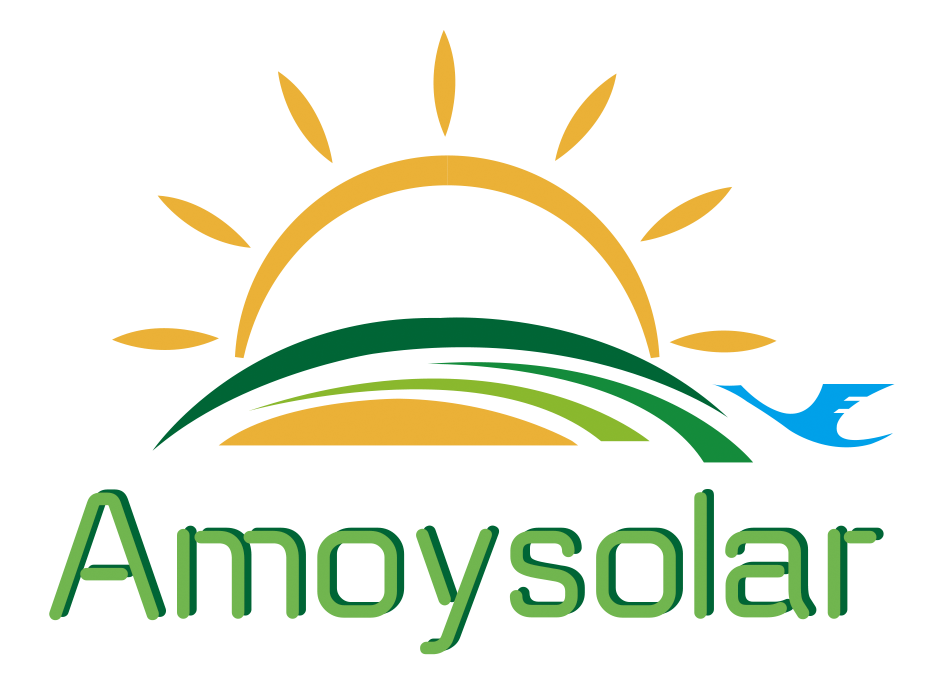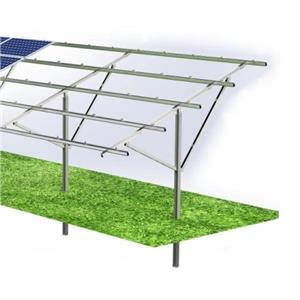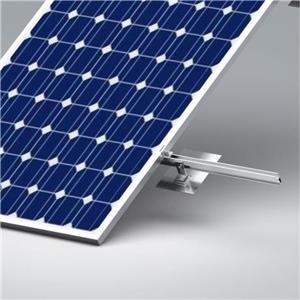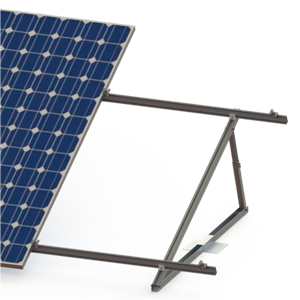Czechia approves new laws for agrivoltaics
The Czech government has approved new legislation for agrivoltaics. The measures extend the amount of crop types that agrivoltaics can be deployed on and defines two categories of permissible agrivoltaic systems.
January 10, 2025 Patrick Jowett
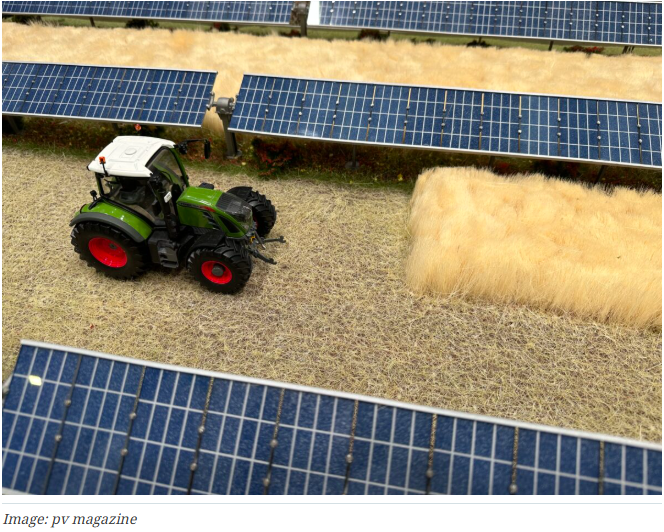
Czechia has introduced new legislation for deploying agrivoltaics. The law, effective from the start of this year, builds on initial measures introduced in May 2024.
The newly approved measures permit agrivoltaics to be installed on six crop types, including vineyards, hopyards, orchards, tree nurseries, crops in containers and truffle areas.
It also establishes two categories of permissible agrivoltaic systems. The law specifies the first, horizontal systems, must be at least 2.1 meters high to allow farming activities underneath and keep a minimum 95% of the total project area agriculturally significant. The second, vertical systems, can feature rows of photovoltaic modules spaced at least six meters apart.
It is also stipulated that components such as batteries and transformers must occupy no more than 5% of the total project area.
The Czech Solar Association (Solární Asociace) said a central element of the new law is that agricultural land designated for agrivoltaics must remain registered in the Land Parcel Identification System. The association says this ensures continued eligibility for agricultural subsidies and removes the need to remove the land from the Agricultural Land Fund.
The law also defines agrivoltaic systems as “buildings for agriculture,” which enables installation on agricultural land without requiring changes to zoning plans.
Jiří Bím, head of the agrivoltaic section of the Czech Solar Association, said the integration of both energy producers and farmers needs sets a new standard for the whole industry.
“The Czech Republic has prepared agrivoltaic legislation in an original and unique way, distinct from other EU countries,” Bím told pv magazine. “In just a few months, it will also be possible to include battery energy storage systems with agrivoltaic installations.”
In December 2024, the Czech lower house of parliament approved plans to retroactively cut feed-in-tariffs for solar projects built between 2009 and 2010. Czechia installed 484 MW of solar during the first half of last year.
